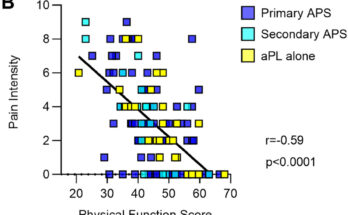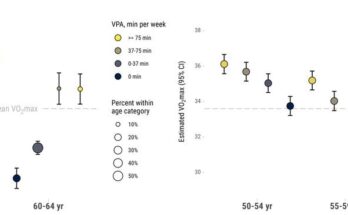
Cytokines are regulatory proteins involved in cell proliferation, differentiation, inflammation, and hematopoiesis. An excessive immune response triggered by external viruses can lead to a severe immune reaction known as the systemic inflammatory response syndrome (SIRS), which gained widespread attention during the COVID-19 pandemic.
SIRS can occur particularly during cardiopulmonary bypass (CPB) surgery for heart operations, leading to severe fever and attacking normal cells, potentially resulting in multi-organ failure and death. Despite the critical need for effective drugs, there has been a lack of medications with sufficient clinical efficacy and safety to address this condition.
Recently, Professor Seung Zhoo Yoon’s team from the Department of Anesthesiology and Pain Medicine at Korea University Anam Hospital, in collaboration with Professor Jeong Jun Park from CHA University School of Medicine, demonstrated the efficacy of a drug currently in clinical trials for COVID-19, in inhibiting CPB-induced SIRS, garnering international attention. The drug effectively suppressed CPB-induced SIRS in animal models, maintaining stable blood pressure by reducing vascular relaxation.
The study, titled “Effects of intravenous inflammasome inhibitor (NuSepin) on suppression of proinflammatory cytokines release induced by cardiopulmonary bypass in swine model: a pilot study,” has been published in the journal Scientific Reports.
In their animal experiments, the research team induced proinflammatory cytokine release due to CPB, maintaining the procedure for two hours while evaluating the levels of cytokines (TNF-α, IL-1β, IL-6, IL-8) over time. Comparative analysis based on the administration and dosage of the candidate drug revealed that the group treated with the drug showed minimal increases in TNF-α, IL-1β, and IL-8 across all intervals, with a sharp decrease in IL-6 levels following the cessation of CPB and reduction of the inflammatory response.
Additionally, the required dose of norepinephrine to maintain an average blood pressure of 60mmHg in the test group was successfully reduced to one-hundredth of that of the control group.
During CPB, immune cells in the blood pass through an extracorporeal circuit, activating numerous inflammatory pathways. Although improved CPB equipment, techniques, and various strategies, including medications, have been employed to reduce systemic inflammatory responses post-heart surgery, none have been sufficiently effective in improving clinical outcomes.
Existing drugs were effective only against some causes of systemic inflammatory responses and had metabolic side effects, highlighting the need for new drugs that can effectively treat systemic inflammatory responses and respiratory failure during CPB with fewer side effects.
The research team stated in their paper, “By overcoming the limitations of current post-heart surgery inflammation management and significantly reducing the release of major inflammatory cytokines such as IL-1β, TNF-α, and IL-6, we can greatly mitigate inflammatory responses and reduce postoperative complications. This innovation will reduce tissue damage and functional impairment after CPB and help stabilize blood pressure during surgery, thus reducing the need for vasopressors.”
Professor Yoon commented, “Compared to other systemic inflammatory diseases, the pathogenesis is relatively simple, so a clinical phase 2 trial with a small number of patients and short-term administration can observe meaningful efficacy. This treatment’s effect on post-CPB respiratory failure can significantly improve the quality of life for patients after open-heart surgery.”
The drug identified in this research, developed as a COVID-19 treatment by the domestic biotech company Shaperon, has already secured safety data from phase 1 and global phase 2 clinical trials, and is expected to rapidly advance to the next stage.
More information:
Seung Zhoo Yoon et al, Effects of intravenous inflammasome inhibitor (NuSepin) on suppression of proinflammatory cytokines release induced by cardiopulmonary bypass in swine model: a pilot study, Scientific Reports (2024). DOI: 10.1038/s41598-024-62944-w
Provided by
Korea University College of Medicine
Citation:
Study shows new drug suppresses systemic inflammatory response syndrome resulting from bypass surgery (2024, October 10)
retrieved 10 October 2024
from https://medicalxpress.com/news/2024-10-drug-suppresses-inflammatory-response-syndrome.html
This document is subject to copyright. Apart from any fair dealing for the purpose of private study or research, no
part may be reproduced without the written permission. The content is provided for information purposes only.
Source link




